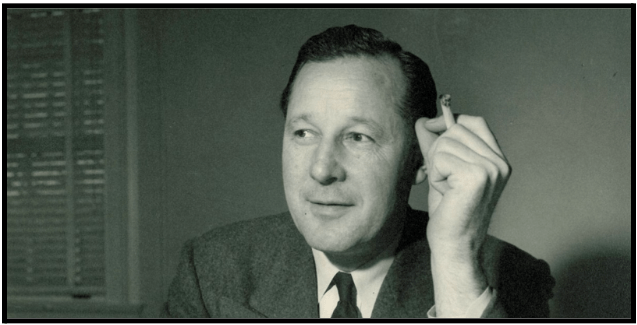My Top Pick:
Four Thousand Weeks by Oliver Burkeman.
From the moment I heard about this book (while flipping through a magazine killing time at the airport) I knew I would love it. And somehow Burkeman exceeded my high expectations. Here are my discussion notes and questions. I wrote two newsletters pieces inspired by Burkeman.

Others i enjoyed:
Bad Blood by John Carreyrou. This is the journalist that took down Elizabeth Holmes and Theranos. It reads like a Stephen King novel. I stayed up until 4am engrossed in it.
Brief Answers to the Big Questions by Stephen Hawking. I love origin stories. His theory for the origin of the universe melted my brain. I’d find myself wandering around trying to wrap my head around it. (For a different, even more brain-melting take on the origin of the universe, try Hawking’s friend Sir Roger Penrose. His Conformal Cyclic Cosmology gets a full episode in the fantastic PBS SpaceTime series.)
The Code Breaker. My first Walter Isaacson book. This is about Jennifer Doudna and the race to create successful CRISPR technology. He puts her in the same realm as Da Vinci and Ben Franklin. Her team’s work was foundational in creating the Moderna and Pfizer Covid vaccines. And will be foundational in countless new technologies in the coming decades.
Conjectures & Refutations by Karl Popper. Dense but readable. Popper explains the foundation for all progress. The past doesn’t always predict the future. We build the future. Embracing feedback and making regular adjustments is vital. I will return to Popper in 2022 – and likely most years after.
Happier: Learn the Secrets to Daily Joy and Lasting Fulfillment by Tal Ben-Shahar. The main ideas from Harvard’s most popular elective. A short workbook that, if fully applied, will substantially improve your mental health.
Has China Won? by Kishore Mahbubani. A look at the relationship between China and the United States through the eyes of one of Singapore’s top leaders. Mahbubani has deep connections to leaders in both countries.
The Midnight Library by Matt Haig. This novel was a global sensation in 2021. A beautiful illustration of the idea that the stories we tell ourselves transform the lives we live. What if you could redo every regret? If you had superpowers, how would you build an ideal life? It’s never too late to begin telling ourselves new stories. Today we can embrace feedback and improve the direction of our lives. A quick, enjoyable, and thought-provoking read.
Peak: Secrets from the New Science of Expertise by Anders Ericsson. This is worthwhile for anyone serious about skill development. Ericsson spent decades studying what it takes to become an expert. His basic thesis is to block significant time to practice with your full attention. Push yourself into discomfort. Embrace feedback from experts. And make regular adjustments to how you practice based on the feedback you get.
The Art of Public Speaking by Stephen Lucas. This may be the best single volume that covers all aspects of public speaking. An indispensable textbook that I find myself turning to for guidance most weeks.
The Pleasure of Finding Things Out by Richard Feynman. The author is among the most unique, brilliant, and accomplished minds of the past century. A quantum physicist who prized clear communication. If you’ve already read his iconic autobiography Surely You’re Joking, Mr. Feynman! and you’re looking for more, this is it.
The Sovereign Individual by James Davidson & Lord William Rees-Mogg. Written two decades ago, this book was recently updated with a new foreword by tech entrepreneur Peter Thiel. It’s popular in Web3 circles to help conceptualize the coming shift to a more decentralized world.
TED Talks: The Official TED Guide to Public Speaking by Chris Anderson. The TED conference sparked a revolution in public speaking. There are many books on how to give a TED-style talk. This is the best one, written by the guy who started it all.
Writing to Learn by William Zinsser. One of the best ways to learn a topic is to write about it. Zinsser gives examples of experts producing excellent writing from diverse fields. And he draws us into his life with deep and personal stories. A delightful companion to his classic On Writing Well.



